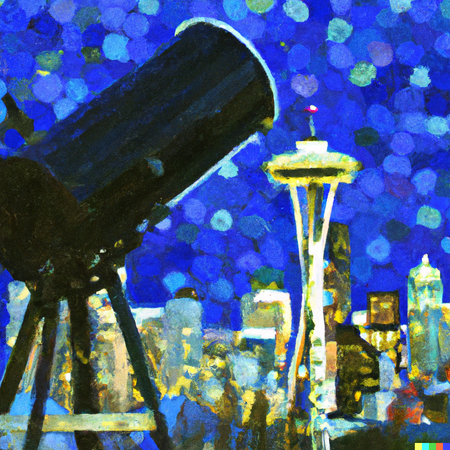Overview
Description
The Kepler KL400 sCMOS camera represents the first release in a new family of Scientific CMOS cameras from Finger Lakes Instrumentation. The KL400 provides high sensitivity, ultra-low noise with high frame rates, all at a game-changing price to performance ratio.
The Kepler Series is a giant step forward in throughput, providing faster digitization, higher speed interfaces, and up to 35 channel readout. Sensors to be supported include front and back illuminated sCMOS, interline transfer CCDs, and EMCCDs.
Kepler’s Low Dynamic Range (LDR) mode reads the image once and digitizes it to 12-bits. The user has eight gains to select from in LDR mode. Adjusting the gain affects full well size, dark current growth, and linearity.
The High Dynamic Range (HDR) mode reads the pixels twice, digitizing through different amplifiers with different gains. (Unlike CCDs that only read the charge from each pixel once, CMOS sensors can measure the charge multiple times.) The two images are merged to create a 16 bit image with the linearity of a single image, thus allowing an HDR image to show detail in both low-count and high-count areas of an image. Because of the additional read time, the maximum HDR frame rate is half that of the LDR mode.
The Kepler camera also features a Low Dark Current (LDC) options for both LDR and HDR. When used, the LDC option minimizes dark current at the expense of reduced full well capacity. For short exposures where dark current growth is not a problem, LDC is not generally used. Standard modes (not LDC) provide the highest full well capacity and widest dynamic range. On the other hand LDC mode is very useful for imaging dim objects that require very long exposures where dark current growth can be significant.
The following may be useful in making the decision on which mode is most appropriate:
Choose LDR mode for required frame rate greater than 24 FPS (exposures <42 ms).
Choose HDR mode for a dynamic range greater than 0 – 4095 counts
Choose LDC when your exposures are sufficiently long that dark current growth uses a significant percentage of full well capacity. (Also cool sensor to lowest possible operating temp.)
Do not choose LDC for short exposures.
Specifications
| KL400 Sensor Specs | |
| Sensor: | GPixel GSense400 |
| Pixels: | 2048 x 2048 |
| Pixel Size: | 11 μm |
| Full Well Capacity: | 90000 e- |
| Dynamic Range: | 93 dB HDR |
| Sensor Diagonal: | 31.9 |
| Video Size (inch): | 2.0 |
| Color Options: | Monochrome |
| CCD Type: | Back Illuminated |
| Shutter Type: | Rolling |
| CCD Grades: | Grade 1 |
|
KL400 Performance
|
|
| Frame Rate: | 24 fps HDR |
| Typical System Noise: | 1.6 e- HDR |
| Typical Maximum Cooling: | 45ºC Below Ambient |
| Typical Dark Current: | <0.4 e-/pixel/sec @ -20ºC |
| Non linearity: | <1% |
| Lens Mounts: | Optional Nikon F-Mount or Canon EOS mount |
| Available Shutters: | 45 mm |

Buy risk-free: When it’s time to trade up you’ll get the most value for your used gear.


 In Stock
In Stock
